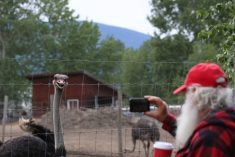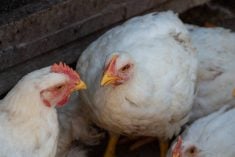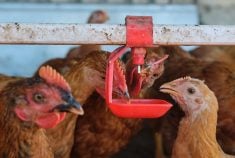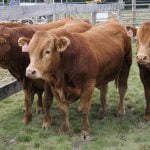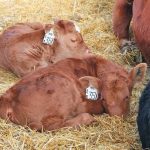Glacier FarmMedia – Measures to prevent the spread of bird flu into Canada appear to be working for the time being, with no reports of the highly pathogenetic H5N1 strain in the country’s milk supply so far.
Results of a national testing program conducted by the Canadian Food Inspection Agency (CFIA) released June 18 showed no evidence of the highly pathogenic avian influenza (HPAI) in the country’s milk supply. “Commercially sold milk and milk products remain safe to consume,” said a release from the CFIA and the Public Health Agency of Canada (PHAC). It was also noted that even if traces of the virus were found, the pasteurization process would have rendered them harmless.
Read Also
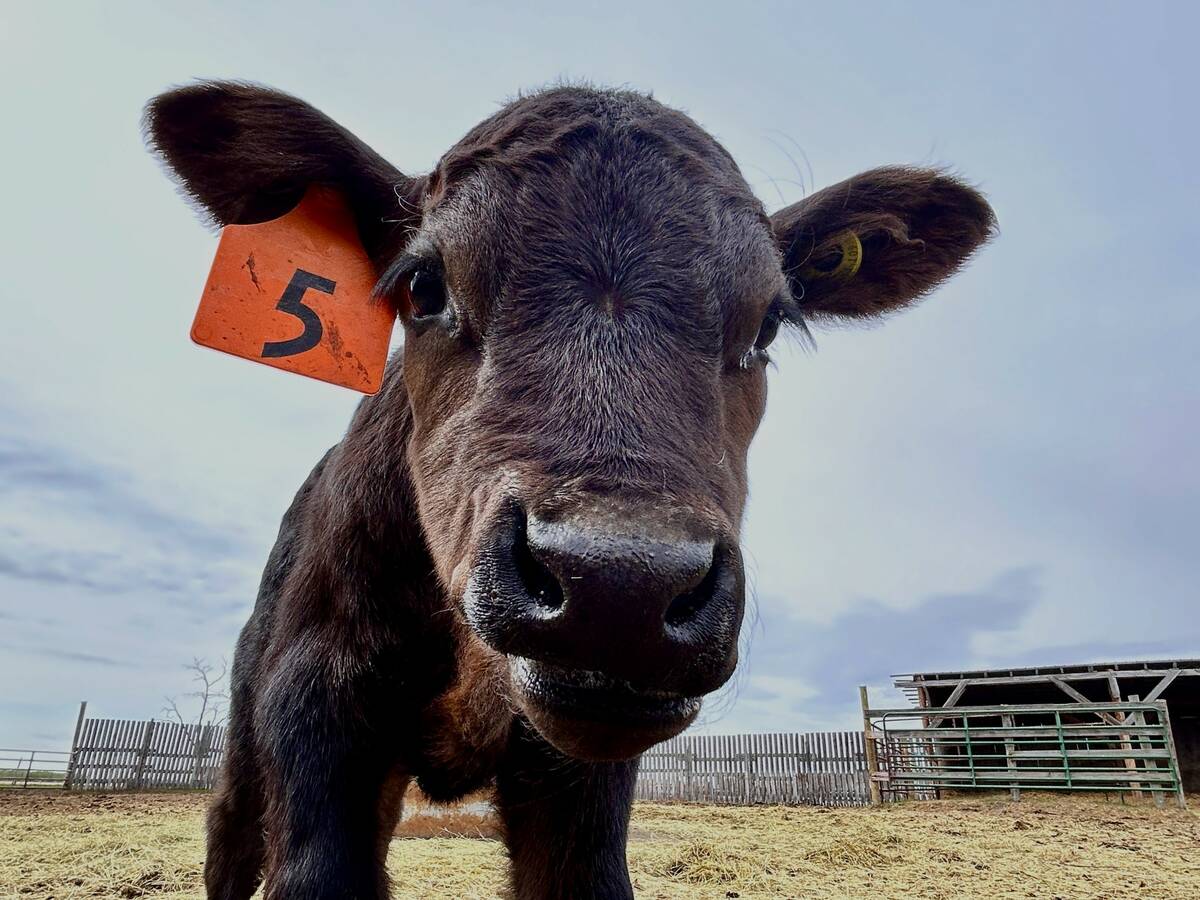
Health Canada stops sales of coccidiosis medication Deccox on procedural issue
Deccox, a medication to prevent coccidiosis in calves and other livestock, is temporarily off the market after Health Canada issued a stop sale order earlier this month.
However, researchers in the United States found that small amounts of infectious virus were still detectable after pasteurization of raw milk samples containing high amounts of bird flu virus.
The H5N1 virus continued to spread in U.S. dairy and poultry farms in mid-June, with a report from the U.S. Centers for Disease Control and Prevention (CDC) indicating that the country’s human population has little to no immunity to the variant. The CDC study showed low antibody levels against H5N1, suggesting most people would be susceptible if the virus became more easily transmissible among humans. The risk to the public remains low, with only three human infections reported.
Meanwhile, bird flu spread to more poultry farms in Australia during the week, with an estimated five per cent of the country’s egg laying flock killed or soon-to-be-killed to prevent further infection. However, none of the infections were of the H5N1 variant.
The CFIA updated its guidance for veterinarians regarding the H5N1 virus in dairy cattle. The CFIA will cover laboratory testing fees at any Canadian Animal Health Surveillance Network (CAHSN) lab but will not cover veterinary fees for sample collection or shipment. Non-clinical dairy cattle are now eligible for testing, requiring a milk sample for lactating animals and a nasal swab for non-lactating animals. Veterinarians must report negative test results to the district office if H5N1 is suspected.



